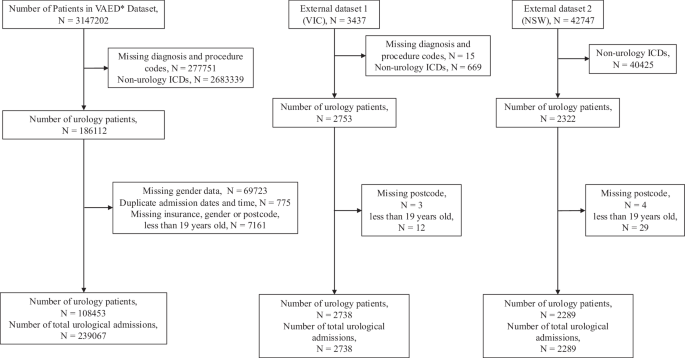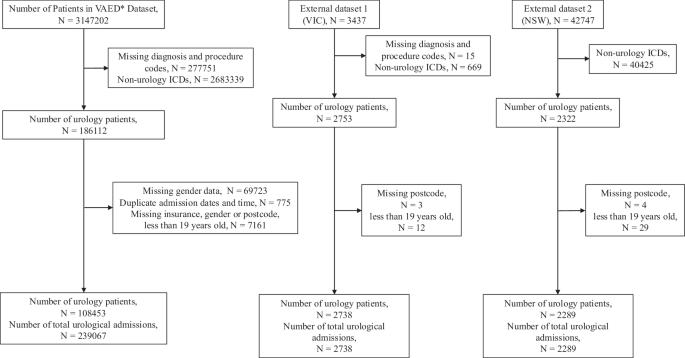变异贝叶斯机器学习用于一般结果指标的风险调整,以泌尿外科为例
IF 15.1
1区 医学
Q1 HEALTH CARE SCIENCES & SERVICES
引用次数: 0
摘要
结果质量指标(QIs)通常需要进行风险调整,以便向医疗专业人员提供公平、准确的反馈。然而,传统的风险调整模型通常过于简化,不具备将影响医疗专业人员无法控制的结果的复杂因素区分开来的能力。我们介绍的 VIRGO 是一种新颖的变异贝叶斯模型,它在日常收集的大型行政数据集上进行训练,用于对结果质量指标进行风险调整。VIRGO 使用详细的人口统计数据、诊断和手术代码来提供个性化的风险调整,并解释影响结果的患者因素。VIRGO 可在外部数据集上实现最先进的功能,并具有不确定性表达、可解释特征和反事实分析功能。VIRGO 通过解释患者因素是如何导致不良预后的,并表达每项预测的不确定性,从而促进风险调整,使医疗保健专业人员不仅能探索与不良预后相关的未解释变异患者因素,还能反思其临床实践的质量。本文章由计算机程序翻译,如有差异,请以英文原文为准。


Variational Bayes machine learning for risk adjustment of general outcome indicators with examples in urology
Risk adjustment is often necessary for outcome quality indicators (QIs) to provide fair and accurate feedback to healthcare professionals. However, traditional risk adjustment models are generally oversimplified and not equipped to disentangle complex factors influencing outcomes that are out of a healthcare professional’s control. We present VIRGO, a novel variational Bayes model trained on routinely collected, large administrative datasets to risk-adjust outcome QIs. VIRGO uses detailed demographics, diagnosis, and procedure codes to provide individualized risk adjustment and explanations on patient factors affecting outcomes. VIRGO achieves state-of-the-art on external datasets and features capabilities of uncertainty expression, explainable features, and counterfactual analysis capabilities. VIRGO facilitates risk adjustment by explaining how patient factors led to adverse outcomes and expresses the uncertainty of each prediction, allowing healthcare professionals to not only explore patient factors with unexplained variance that are associated with worse outcomes but also reflect on the quality of their clinical practice.
求助全文
通过发布文献求助,成功后即可免费获取论文全文。
去求助
来源期刊

NPJ Digital Medicine
Multiple-
CiteScore
25.10
自引率
3.30%
发文量
170
审稿时长
15 weeks
期刊介绍:
npj Digital Medicine is an online open-access journal that focuses on publishing peer-reviewed research in the field of digital medicine. The journal covers various aspects of digital medicine, including the application and implementation of digital and mobile technologies in clinical settings, virtual healthcare, and the use of artificial intelligence and informatics.
The primary goal of the journal is to support innovation and the advancement of healthcare through the integration of new digital and mobile technologies. When determining if a manuscript is suitable for publication, the journal considers four important criteria: novelty, clinical relevance, scientific rigor, and digital innovation.
 求助内容:
求助内容: 应助结果提醒方式:
应助结果提醒方式:


